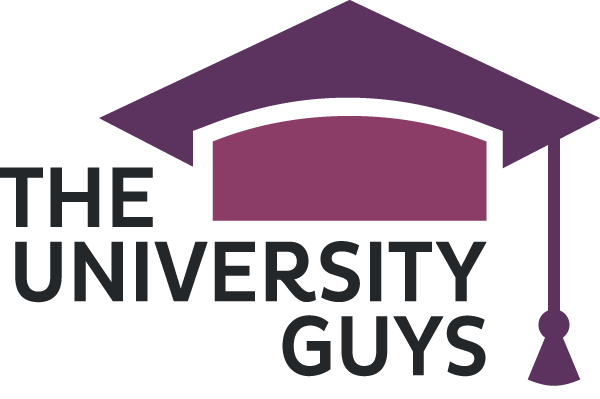For international students considering American universities, financing higher education often presents a significant challenge. However, a small number of US institutions operate under “need-blind” admissions policies for international applicants, which can substantially impact both the application process and accessibility of these universities.
Need-blind admissions means that a university does not consider an applicant’s financial circumstances when making admissions decisions. Instead, applications are evaluated based on academic performance, extracurricular activities, personal statements, and references. Financial background plays no role in determining whether a student receives an offer.
Currently, nine US universities maintain need-blind policies for international students while also committing to meet 100% of demonstrated financial need for admitted students. These institutions (as of May 2025) are:
- Amherst College
- Bowdoin College
- Brown University
- Dartmouth College
- Harvard University
- The Massachusetts Institute of Technology (MIT)
- Princeton University
- University of Notre Dame
- Yale University
This combination of need-blind admissions and full financial aid coverage means that students who gain admission will receive sufficient financial support to attend, regardless of their family’s economic situation.
It’s important to understand the practical implications of these policies. Whilst admissions decisions are made independently of financial considerations, students must still complete comprehensive financial aid applications. Universities use this information to calculate the precise level of support required. The financial aid process typically involves detailed documentation of family income, assets, and circumstances.
These universities are among the most selective in the United States, with acceptance rates often below 10%. The academic standards for admission remain exceptionally high, and need-blind policies do not lower these requirements. Students must still demonstrate outstanding academic achievement and meet the same rigorous standards as all other applicants.
For international students, need-blind policies can remove one significant barrier to accessing top-tier American higher education. Rather than self-selecting out of the application process due to cost concerns, qualified students can apply knowing that financial circumstances won’t influence the admissions decision.
However, prospective applicants should be aware that even with need-blind policies, admission to these institutions remains highly competitive. Success requires exceptional academic credentials, strong extracurricular involvement, and compelling personal statements. The policies create opportunity but don’t guarantee admission.
Understanding need-blind admissions can help international students make more informed decisions about university applications, particularly when considering wh







